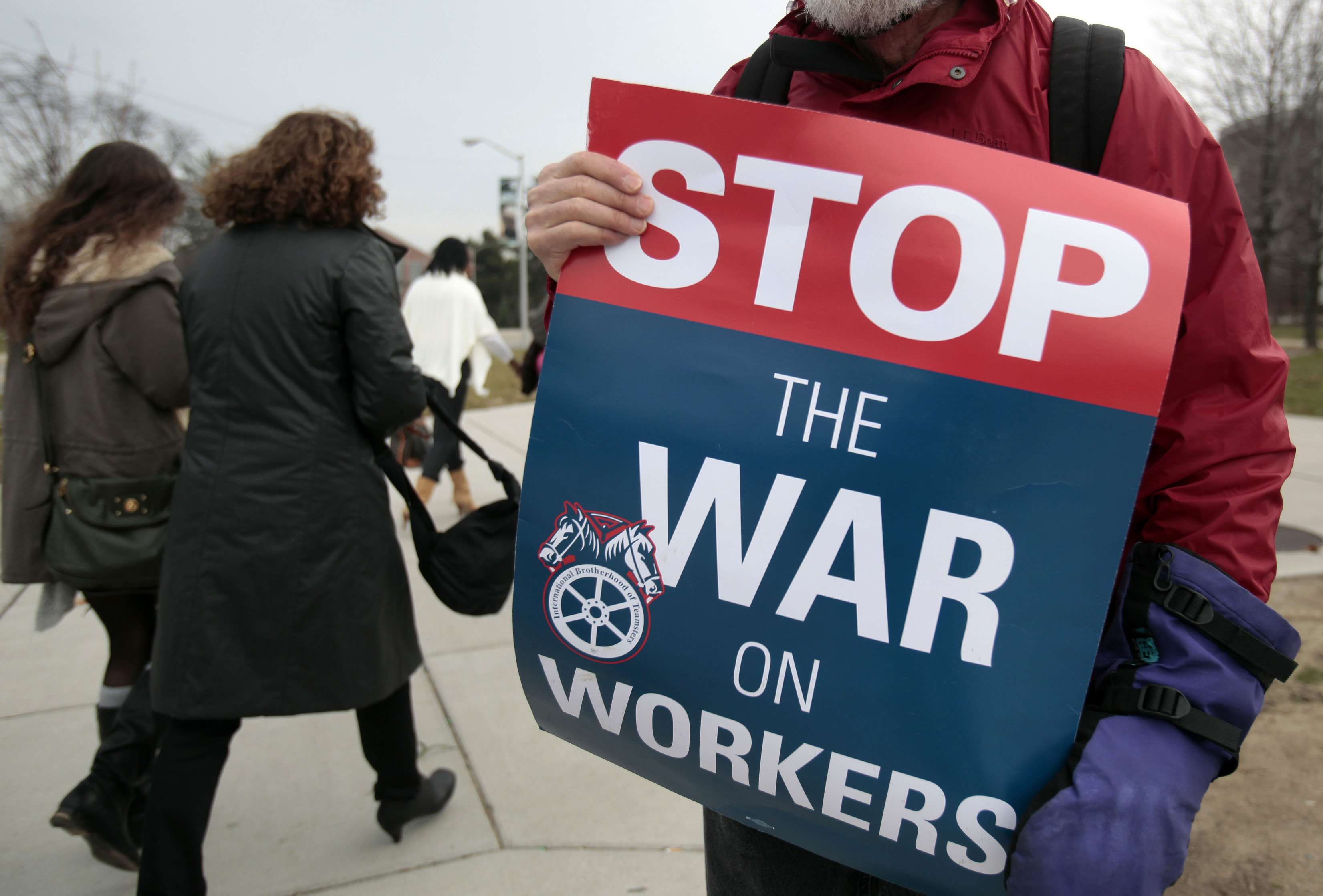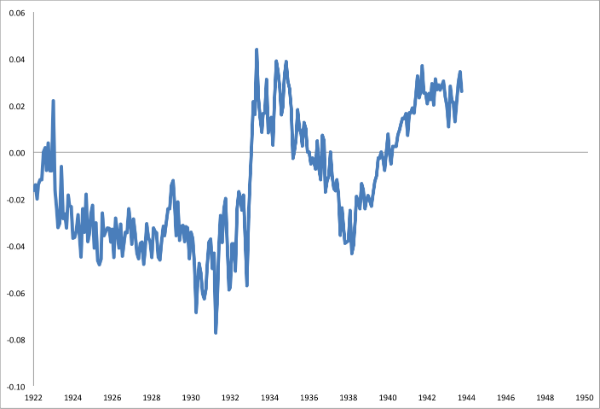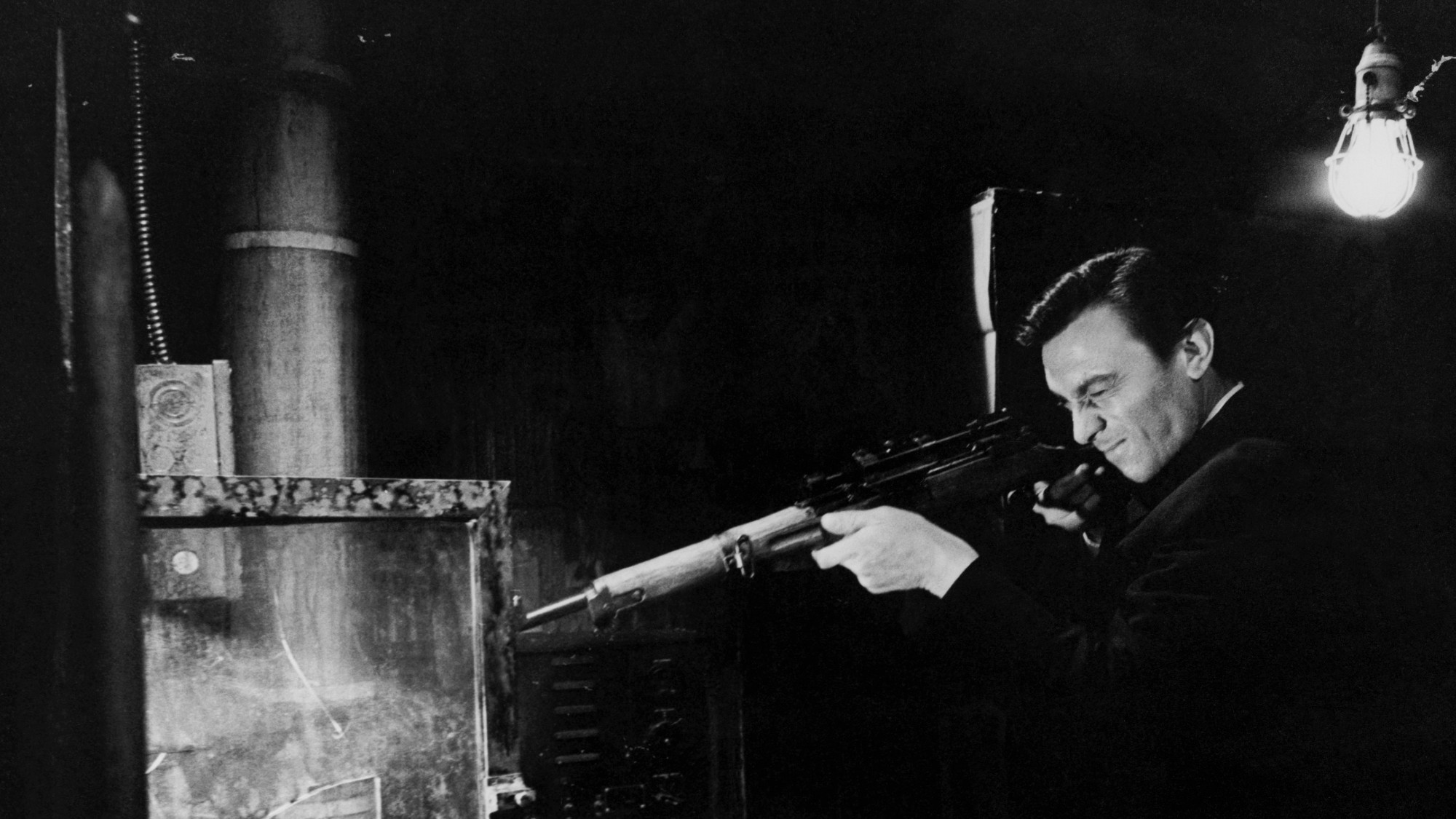'Right to work' laws aren't about jobs or rights. They're about power.
Scott Walker's gambit is all about political spending


A major plank of the conservative agenda these days is so-called "Right to Work" laws, something Scott Walker recently passed in Wisconsin. Such a law makes it illegal for an employer and a union to enter into a contract ensuring any new employee will be automatically enrolled in the union or its dues program. Conservatives often insist that this is neither a pro- nor an anti-labor position, but merely a question of individual liberty and economic growth. Unions are okay, they say, but justice requires that people not be "coerced" into joining a union just to get a job, which hurts workers' incomes by choking off growth.
This is a crock.
For the moment, let's toss aside the "unions are okay" rhetoric (obvious BS) and temporarily put on ice the "justice" logic (also BS), to focus on the dollars and cents argument. If you're an average worker who just wants to make more money, should you oppose "Right to Work" statutes? Absolutely.
The Week
Escape your echo chamber. Get the facts behind the news, plus analysis from multiple perspectives.

Sign up for The Week's Free Newsletters
From our morning news briefing to a weekly Good News Newsletter, get the best of The Week delivered directly to your inbox.
From our morning news briefing to a weekly Good News Newsletter, get the best of The Week delivered directly to your inbox.
Any murkiness around this central question comes down to a key data problem: When you compare states, there's a whole bunch of confounding factors that can be jiggered to make the numbers turn out one way or another. Conservatives assert that when you control properly, states with "Right to Work" laws have greater income growth, while others, like my colleague Jeff Spross, point to a lot of contrary evidence.
Naturally, I tend to believe the latter numbers more, but there's an even better way of looking at the question. Unions are already nearly dead in most of the country, and "Right to Work" is basically just stacking a couple bricks on the corpse in case Jesus happens by. But if you look at unions as a whole, especially historically, the benefits for workers are obvious and undeniable.
Evan Soltas worked up a clever way of investigating this question when it comes to the Great Compression, the huge decline in inequality during the New Deal era (which necessarily involved large increases in worker pay). As I've written before, the National Industrial Recovery Act contained sweeping pro-labor sections, and led directly to a huge surge in union organizing.
A big part of the Great Compression, shown in historical data, was the decline of the wage gap between skilled and unskilled labor, meaning unskilled labor was being paid relatively more as the New Deal era progressed. Some economists argue that this was due to a greater demand for unskilled labor (and thus higher wages), while others point to NIRA-enabled unions and wage controls during the war restricting skilled compensation.
A free daily email with the biggest news stories of the day – and the best features from TheWeek.com
Soltas looks at the hours worked by both groups to resolve this question. If unskilled workers were in greater demand, then they should also be getting more hours. But if they are getting more pay as a result of union contracts, then managers should respond by trying to give them fewer hours relative to skilled workers. Which happened? Right after the passage of NIRA, "skilled workers' hours rose 10 percentage points relative to unskilled workers' hours." Here's his chart:

It's strong evidence that unions were a key factor in the great decline in American inequality from 1933-1950. On the other hand, since unions began to slide to their pre-New Deal levels in the 70s, median wages have stagnated. Since the entire point of unions is to get more wages and secure employment for workers, this isn't so surprising. It's also not a coincidence that corporations like Walmart furiously despise unions and will move heaven and earth to prevent them from getting established. Higher wages mean lower profits and executive compensation.
This brings me to the liberty and justice angle voiced by "Right to Work" proponents. Most of the objections about the "coercion" of closed-shop union contracts also apply to the publicly traded corporation. As Matt Bruenig writes, a corporation is a kind of capital union, with shareholders its members. Corporate management often spends a great deal of money earned through this capital union on various lobbying and campaign contributions (as labor unions do), forcing shareholders to support that political spending without their consent. Therefore, to protect individual rights against coercion, we must immediately pass a "Right to Own" bill which would require management to get individual shareholders to opt in to any political spending.
Does Scott Walker support such a law? Of course not, the very idea is ludicrous. The reason why is obvious: Because then it would be harder for the wealthy to coordinate their control over the corporate surplus.
Who gets that surplus is really at the root of the disagreement here. Those who think workers should get it support pro-union measures like the National Labor Relations Act. Those who think management and shareholders should get it support anti-union measures like "Right to Work" — or, as it should be defined, The Contract Subversion Law.
Ryan Cooper is a national correspondent at TheWeek.com. His work has appeared in the Washington Monthly, The New Republic, and the Washington Post.
-
 ‘Pandoro-gate’: the sweet treat scandal that rocked Italy
‘Pandoro-gate’: the sweet treat scandal that rocked ItalyIn The Spotlight Italy’s most famous influencer, Chiara Ferragni, has been cleared of fraud over Christmas cake fundraiser
-
 The 8 best spy movies of all time
The 8 best spy movies of all timethe week recommends Excellence in espionage didn’t begin — or end — with the Cold War
-
 Why scientists want to create self-fertilizing crops
Why scientists want to create self-fertilizing cropsUnder the radar Nutrients without the negatives
-
 The billionaires’ wealth tax: a catastrophe for California?
The billionaires’ wealth tax: a catastrophe for California?Talking Point Peter Thiel and Larry Page preparing to change state residency
-
 Bari Weiss’ ‘60 Minutes’ scandal is about more than one report
Bari Weiss’ ‘60 Minutes’ scandal is about more than one reportIN THE SPOTLIGHT By blocking an approved segment on a controversial prison holding US deportees in El Salvador, the editor-in-chief of CBS News has become the main story
-
 Has Zohran Mamdani shown the Democrats how to win again?
Has Zohran Mamdani shown the Democrats how to win again?Today’s Big Question New York City mayoral election touted as victory for left-wing populists but moderate centrist wins elsewhere present more complex path for Democratic Party
-
 Millions turn out for anti-Trump ‘No Kings’ rallies
Millions turn out for anti-Trump ‘No Kings’ ralliesSpeed Read An estimated 7 million people participated, 2 million more than at the first ‘No Kings’ protest in June
-
 Ghislaine Maxwell: angling for a Trump pardon
Ghislaine Maxwell: angling for a Trump pardonTalking Point Convicted sex trafficker's testimony could shed new light on president's links to Jeffrey Epstein
-
 The last words and final moments of 40 presidents
The last words and final moments of 40 presidentsThe Explainer Some are eloquent quotes worthy of the holders of the highest office in the nation, and others... aren't
-
 The JFK files: the truth at last?
The JFK files: the truth at last?In The Spotlight More than 64,000 previously classified documents relating the 1963 assassination of John F. Kennedy have been released by the Trump administration
-
 'Seriously, not literally': how should the world take Donald Trump?
'Seriously, not literally': how should the world take Donald Trump?Today's big question White House rhetoric and reality look likely to become increasingly blurred
